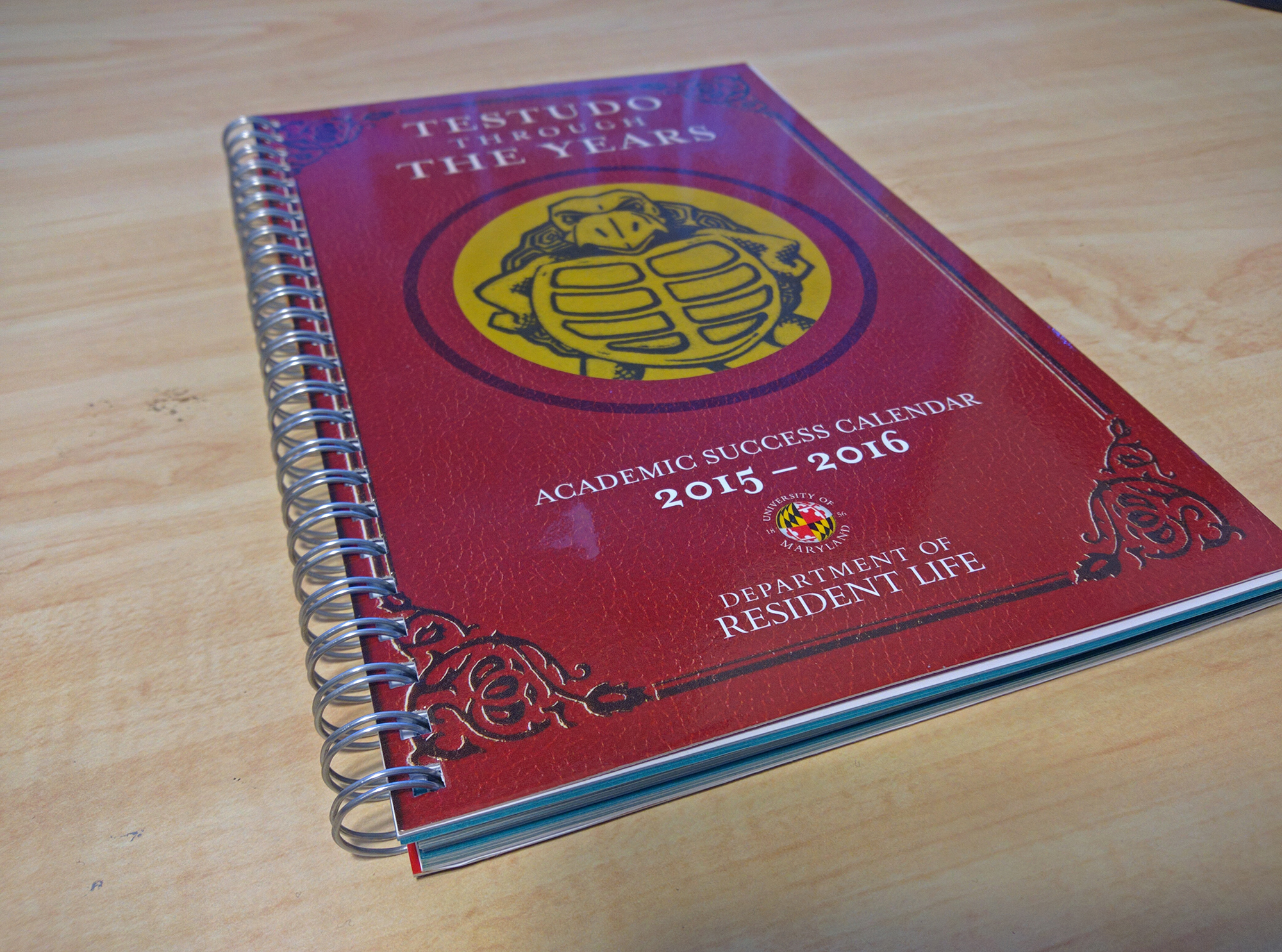After the RHA Senate unanimously approved a resolution Tuesday to eliminate the Academic Success Calendars, these planners are all but gone.
Resident Life director Deborah Grandner first proposed the idea to discontinue printing the student planners to the Residence Hall Association Senate during the 2012 budget cycle due to cost and sustainability concerns.
“At that time, students reported to RHA that they used the calendar to manage their academic schedules and that it was a valuable resource, so I continued to provide the calendar,” Grandner said. “Today, I believe our students have greater access to new tools for managing their academic schedules. I also think our student body has become very aware of sustainability issues.”
The RHA Senate’s resolution notes that apart from the cost and sustainability issues, students simply aren’t using the calendars.
“For the most part, I think it’s a waste to provide them to everyone,” said Elina Levit, a junior history major. “I’ve seen a lot of people just trash them.”
Although the RHA passed this resolution, it’s ultimately Grandner’s decision to renew the planner’s contract for the next academic year.
“We’ve done multiple litmus tests to see how people are feeling about the agendas and overwhelmingly this year, the senate felt it wasn’t worth it,” said Sasha Galbreath, a junior government and politics major and author of the RHA Senate resolution. “I think this is a great step in the right direction to reevaluate the costs.”
Galbreath said dealing with the future of the academic planners was the one agenda item she was unable to address during her time as chair of the RHA Senate’s Resident Life Advisory Team.
“It was near the top of our transition period agenda,” Galbreath said. “Thankfully, we’ve been able to reach our goal just by addressing it and, in my personal opinion, surpass it by passing a resolution.”
The RHA Senate is now looking into alternatives to the academic calendar because it was a resource to students referencing important dates related to the academic and university event schedule.
At first, the Resident Life Advisory Team discussed reducing the number of agendas and offering them to students who specifically requested them.
“I would totally use it if I have that option,” said Maryana Khoma, a junior elementary education major. “Personally, I like having a planner that I can actually write in.”
However, the RHA Senate felt the economics of reducing the order size did not make sense because ordering in bulk brings down the cost per unit.
The team is considering the creation of an official online calendar, which would allow students to download and sync important university dates with their own schedule.
Although the Department of Resident Life is just starting to explore this idea, Grandner said she doesn’t think it will be difficult to create and implement.
“Pursuing this idea is invaluable to students,” Galbreath said. “It gives us huge flexibility that a printed calendar does not.”



